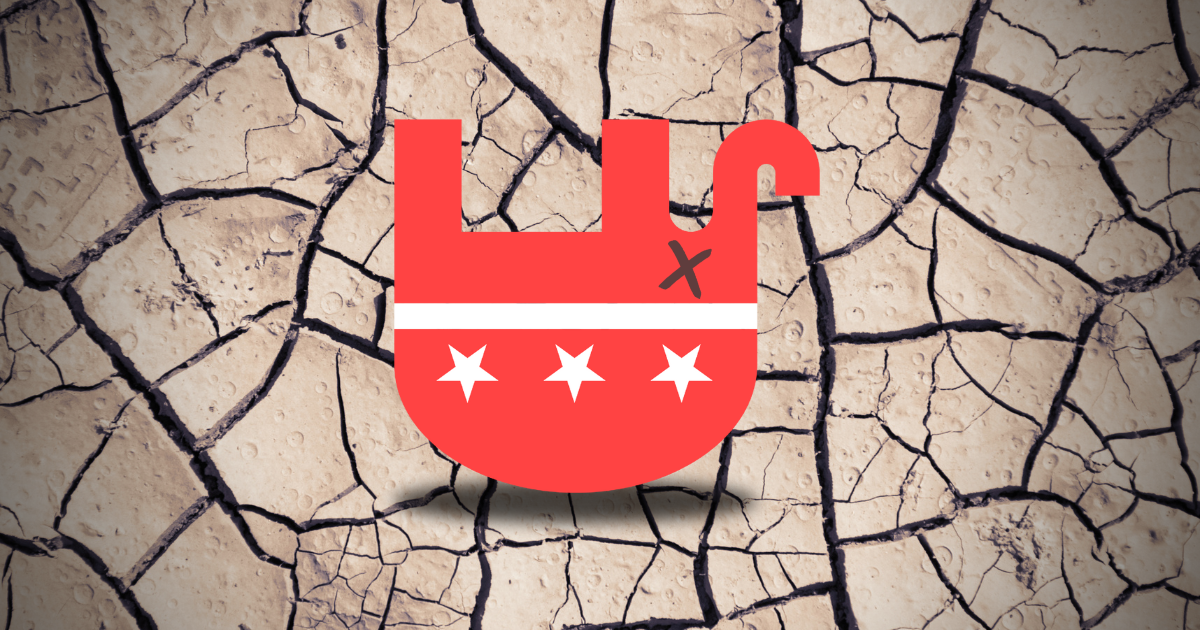In the midst of a Texas summer that is regularly setting temperature records and will probably end up one of the state’s hottest ever, Odessa made national headlines when its main water line broke and left more than 165,000 residents without access to the vital resource.
The break occurred in the late afternoon on June 13, after which more than 165,000 Odessa residents were forced to forgo their usual water source until the pipe was repaired and the city’s water treatment plant returned to full operations in the morning on June 15. During the shortage, residents turned to reserves from bottled water, neighbors’ wells, and the local fire department.
This type of water pipe issue is becoming an increasingly regular occurrence in Texas and across the nation. In a study analyzing water pipelines from 2012 to 2018, the rate of water main breaks increased 27% over the six-year period and a whopping 46% for cast-iron pipes like the one in Odessa. As of now, there are an estimated 240,000 water main breaks per year in the United States, and American Water Works Association estimates the cost of repairing and replacing the aging pipes over the coming decades could reach more than $1 trillion
The Infrastructure Investment and Jobs Act, passed in November 2021 and more commonly known as the Bipartisan Infrastructure Law, made a good start in addressing the trillion-dollar problem by investing more than $50 billion in the country’s water systems. The package, which garnered unanimous approval from Democrats and even support from arch-conservatives like minority leader Mitch McConnell, was opposed by both Texas senators Ted Cruz and John Cornyn as well as the entirety of Texas’s Republican congressional delegation.
If Texas Republicans continue objecting to water investment, it will harm the state even more in the future as climate change furthers its impact on the environment. This year, Texas is experiencing its most severe drought conditions in nearly a decade. It is most severely affecting farmers and ranchers who must work in pastures, the overwhelming majority of which the US Department of Agriculture rates as in poor or very poor condition.
Climate change is also depleting Texan water reservoirs, with the extreme heat wave prompting many of the state’s water utilities to issue mandatory water restrictions. As temperatures climb in the forthcoming years, these preventable restrictions will become an unsurprising regularity just as water line breaks have.
Photo: © Texas Signal Media Company




